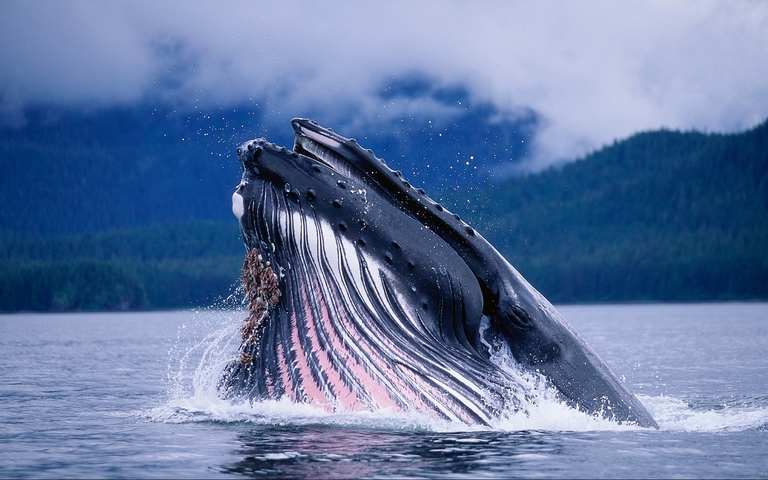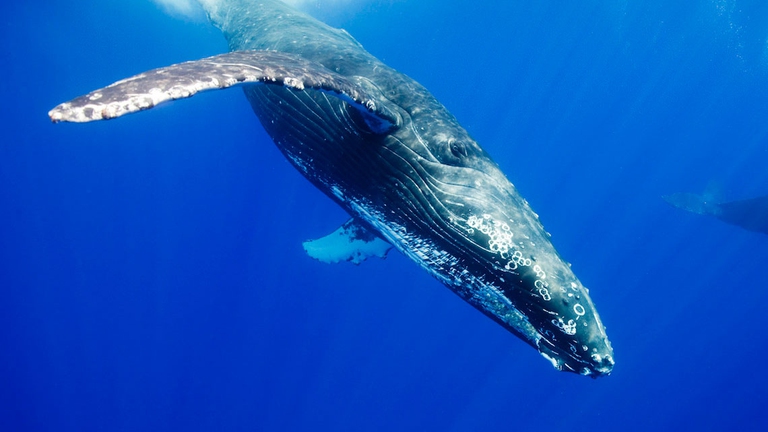
A group of experts in Tokyo suggested pouring radioactive water from Fukushima into the open sea. A marine biochemist explains the consequences of this absurd decision.
Despite a ban on whale hunting entered into force in 1986, the giants of the oceans still face several threats. A notorious danger is represented by Japan, the Asian country that continued unperturbed to slaughter these peaceful cetaceans “for scientific purposes”, thus by bypassing the ban. The threats to whales Japan, however, isn’t the only
Despite a ban on whale hunting entered into force in 1986, the giants of the oceans still face several threats. A notorious danger is represented by Japan, the Asian country that continued unperturbed to slaughter these peaceful cetaceans “for scientific purposes”, thus by bypassing the ban.
Japan, however, isn’t the only to violate the moratorium established by the International Whaling Commission (IWC): Norway and Iceland still join the list. The latter is also the only country in the world to hunt the endangered fin whale (Balaenoptera physalus).
Nevertheless, there’s a glimmer of hope. In fact, some species are thriving, such as the Western Pacific grey whale and the humpback whales living off the coasts of Western Australia. To celebrate the extraordinary yet mysterious intelligence of these creatures as well as underline the need of protecting them, we celebrate World Whale Day on 13 February.
The celebration was established in 1980 on the Hawaiian island of Maui – one of the best places for whale-watching – to celebrate whales returning after the seasonal migration. On this occasion, the Maui Whale Festival is organised by the Pacific Whale Foundation with a series of events, concerts and shows.
Siamo anche su WhatsApp. Segui il canale ufficiale LifeGate per restare aggiornata, aggiornato sulle ultime notizie e sulle nostre attività.
![]()
Quest'opera è distribuita con Licenza Creative Commons Attribuzione - Non commerciale - Non opere derivate 4.0 Internazionale.
A group of experts in Tokyo suggested pouring radioactive water from Fukushima into the open sea. A marine biochemist explains the consequences of this absurd decision.
The decline in grey and humpback whales in the Pacific and Atlantic Oceans has been traced to food shortages caused by rising ocean temperatures.
The United Nations has launched a major international alliance for ocean science, undertaking a mission close to all our hearts.
The cargo ship that ran aground off the coast of Mauritius on 25 July, causing incalculable damage, has split in two and its captain has been arrested.
The largest coral reef in the world is severely threatened by climate change, but researchers are developing strategies that could contribute to saving the Great Barrier Reef.
Seychelles have extended its marine protected area, which now covers over 400,000 square kilometres, an area larger than Germany.
Norwegian oil giant Equinor had pulled out of drilling for oil in the Great Australian Bight, one of the country’s most uncontaminated areas. A victory for activists and surfers who are now campaigning for the area to be protected forever.
30 per cent of the planet needs to be protected to stop precipitous species decline. The UN has set out its aims for the the COP15 on biodiversity scheduled for Kunming, China in October.
Ocean warming has risen to record highs over the last five years: just in 2019 the heat released into the world’s oceans was equivalent to that of 5-6 atomic bombs per second. The culprit, no doubt, is climate change.









